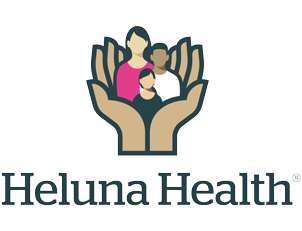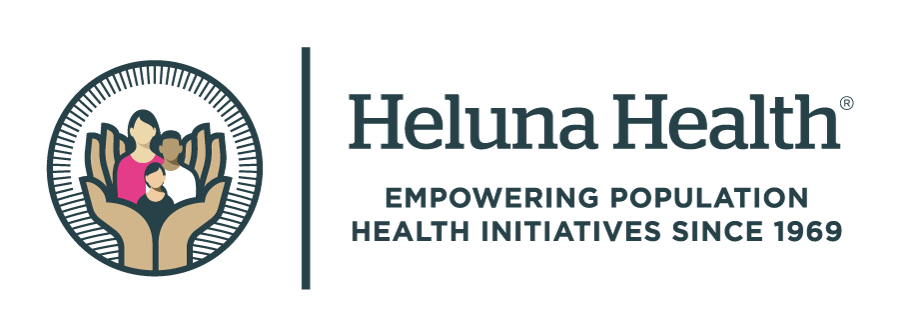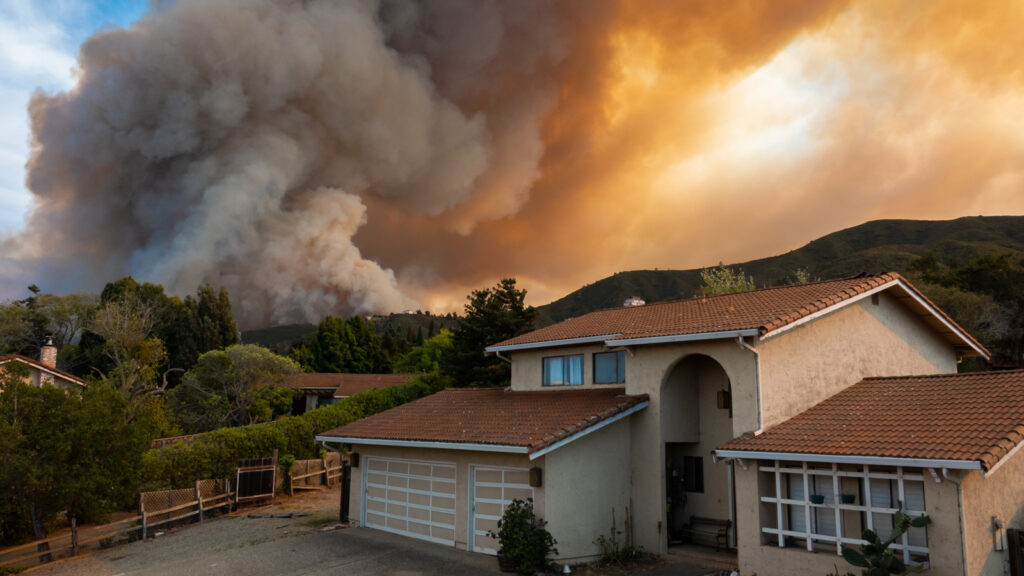LOS ANGELES—A new study led by researchers at Heluna Health has revealed a connection between personal experiences with wildfire smoke and public support for prescribed burning, a land management strategy that reduces wildfire risk.
The research, based on a 2023 survey of adults in the western United States, found that individuals who had recently encountered wildfire smoke were more likely to support prescribed burns, particularly when the smoke impacted outdoor air quality or daily activities like exercise.
Jo Kay Ghosh, PhD, MPH, director of research and evaluation at Heluna Health and senior author of the study, said that, while conducting a prescribed burn to prevent future wildfires may seem counterintuitive, it’s a highly effective wildfire management strategy.
“Prescribed burns help to mitigate severe wildfires in the future,” Ghosh said. “In our study, we found that people who experienced the pervasive impacts of wildfire smoke firsthand appear more receptive to this type of preventive solution.”
Key Findings
The study, which was co-authored with Rima Habre, ScD, an associate professor in environmental health and spatial sciences at the University of Southern California, was published in January in the peer-reviewed journal BMC Public Health. It found that those who reported experiencing a high degree of smoke impacts on outdoor air quality were about twice as likely to support prescribed burns compared to those who experienced a low degree of smoke impacts.
“The study also found that recent wildfire smoke exposure significantly heightened respondents’ perceived risk of future wildfire smoke events,” Ghosh said.
Those who had experienced smoke in the past three years were over three times more likely to believe they would be personally affected by wildfire smoke in the next 12 months.
Study Implications
Christopher Rogers, associate research scientist at Heluna Health and lead author of the study, said that in the aftermath of the recent Los Angeles fires, this is a reminder of how destructive large wildfires can be and how investing in preventive solutions such as prescribed burning is so critical.
“This research highlights the importance of community outreach in building public support for prescribed burns,” Rogers said. “Efforts to communicate the safety and timing of prescribed burns, alongside their long-term benefits, could help improve public trust.”
The study calls for better education around the role of prescribed burns in reducing the health and environmental impacts of wildfires.
The findings underscore the complexity of public attitudes toward wildfire management. For example, while smoke’s effects on exercise were linked to support for prescribed burns near respondents’ homes, smoke’s impacts on mood and health were not associated with broader support for such measures.
The study stands out for its regional scope, examining attitudes across multiple communities rather than focusing on specific high-risk areas. Rogers said it also extends the current body of research by assessing experiences with wildfire smoke, rather than experiences with direct wildfire hazards.
Opportunities for Outreach
Dr. Ghosh noted that this study suggests the following actionable steps for land management agencies, policymakers and community leaders to foster public support for prescribed burns and similar preventive measures:
- Enhance communication: Many residents expressed interest in clear, timely information about when and where prescribed burns would occur. Providing advance notice and guidance for mitigating smoke impacts could improve public sentiment.
- Address climate risks: Highlighting the increasing frequency and severity of wildfires due to climate change may underscore the urgent need for prescribed burns.
- Build trust: Clear messaging and transparency from fire-management agencies can bolster public confidence in prescribed fire strategies.
“Our results underscore the need for timely and effective community engagement, paving the way for safer, healthier and more resilient communities as we adapt to a changing climate,” Ghosh said.
About Heluna Health
For more than 50 years, Heluna Health has collaborated with community-based organizations, public health agencies, healthcare systems, providers and policymakers to enhance public health interventions that support access to disease prevention, treatment, care and social resources. Heluna Health is at the forefront of researching, developing and implementing evidence-based community-led interventions aimed at systemic change and improved health outcomes.
Read more at Helunahealth.org: Population Health Matters Livestream on Wildfire Recovery and Future Preparedness





